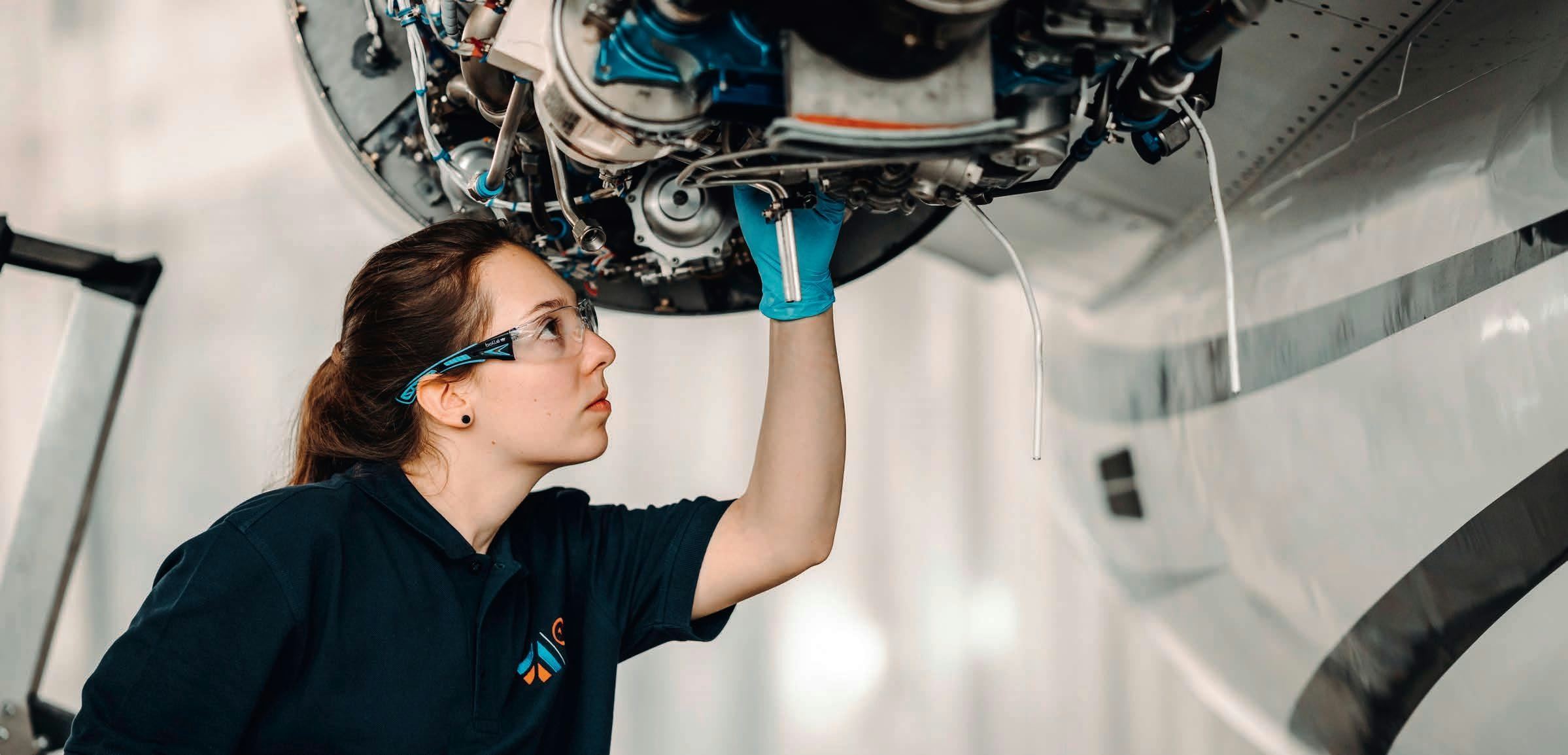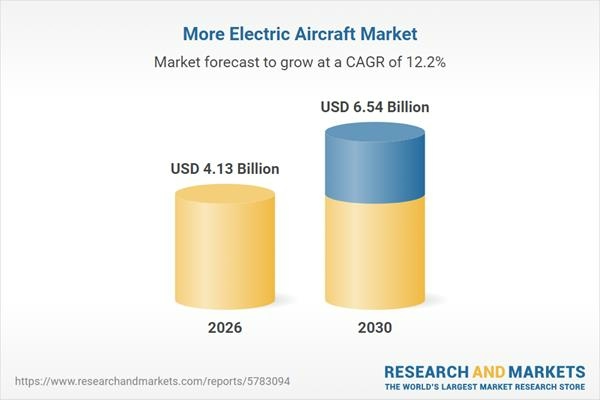AeroGenie — 您的智能副驾驶。
热门趋势
Categories
Aviation Maintenance Training Market Projected to Reach $6.5 Billion by 2032

Aviation Maintenance Training Market Projected to Reach $6.5 Billion by 2032
The global aviation maintenance training market is poised for substantial growth, driven by the aviation sector’s increasing emphasis on safety, regulatory compliance, and the expansion of aircraft fleets worldwide. Valued at $4.48 billion in 2023, the market is anticipated to rise to $4.67 billion in 2024 and is projected to reach $6.5 billion by 2032. This growth corresponds to a compound annual growth rate (CAGR) of 4.22% between 2025 and 2032.
Rising Demand Amid Fleet Expansion
The surge in global air travel, particularly across the Asia-Pacific, Middle East, and Latin America regions, is propelling the expansion of aircraft fleets and, consequently, the demand for skilled aviation maintenance personnel. Airlines and defense operators are acquiring new aircraft to serve emerging routes and accommodate increasing passenger volumes, intensifying the need for licensed aircraft maintenance engineers (AMEs) and technicians. Ensuring aircraft reliability and safety remains a critical priority, positioning comprehensive maintenance training as both a regulatory necessity and a strategic investment in operational efficiency and passenger safety.
Despite this growth, the industry continues to grapple with a persistent shortage of qualified professionals within the Maintenance, Repair, and Overhaul (MRO) sector. This talent gap is prompting airlines and aviation institutions to invest heavily in training programs aimed at upskilling and retaining skilled technicians.
Technological Advancements Transforming Training
The complexity of modern aircraft, characterized by advanced avionics, composite materials, and integrated flight management systems, is reshaping aviation maintenance training. Traditional classroom instruction is increasingly being supplemented or replaced by sophisticated simulation tools, virtual reality (VR), augmented reality (AR), and computer-based training (CBT) modules. These technologies offer immersive, practical training environments that reduce dependence on live aircraft and enhance the acquisition of technical skills.
Furthermore, the adoption of data-driven and artificial intelligence (AI)-enhanced training platforms is revolutionizing the sector. These platforms facilitate personalized learning pathways, real-time performance monitoring, and immediate feedback, thereby accelerating the training process and improving competency levels. As aircraft manufacturers and operators strive to minimize downtime and optimize maintenance turnaround, the demand for highly trained personnel capable of rapid diagnosis and resolution of technical issues continues to grow.
Navigating Regulatory and Cost Challenges
Aviation maintenance training is subject to stringent regulation by international and regional authorities, requiring continuous compliance with evolving standards. Keeping pace with technological innovations and regulatory changes presents ongoing challenges for training providers. Additionally, the substantial costs associated with developing and maintaining advanced training programs and infrastructure remain significant barriers for many organizations.
In response, market participants are increasing investments in training infrastructure and forging partnerships with technology providers. Competitors are also developing sophisticated training simulators and implementing AI-based solutions to enhance the efficiency and effectiveness of training delivery.
Outlook
As the aviation industry continues to expand and modernize, the aviation maintenance training market is expected to sustain its growth trajectory. Successfully addressing regulatory demands, technological advancements, and workforce shortages will be essential for stakeholders seeking to capitalize on emerging opportunities and uphold the highest standards of safety and reliability in global aviation.

Electric Aircraft Market Outlook Through 2035

Capital A Completes Sale of Aviation Business to AirAsia X

Four Gateway Towns to Lake Clark National Park

PRM Assist Secures €500,000 in Funding

Should Travelers Pay More for Human Support When Plans Go Wrong?

InterGlobe Aviation Shares Rise 4.3% Following January Portfolio Rebalancing

Key Market Segments Shaping Airline Route Profitability Software

Locatory.com Gains Traction Among Aviation MROs and Suppliers

JetBlue Flight Makes Emergency Landing Following Engine Failure

58 Pilots Graduate from Ethiopian University
